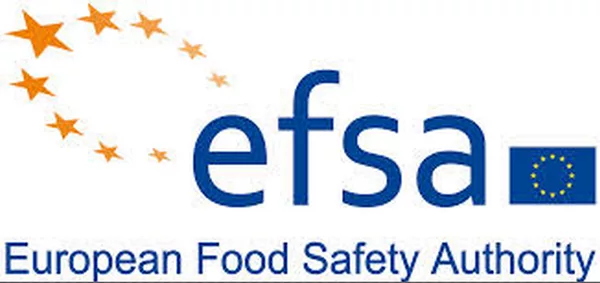UK Lists Five Priorities for Hepatitis and Norovirus Research

The results of a scientific workshop on foodborne illness have been published in Summary Report of Joint Scientific Workshop on Foodborne Viruses, a paper by the European Food Safety Authority (EFSA). The workshop was a joint venture with the UK Food Standards Agency.
The workshop, held in February 2016, assembled experts in the areas of academia, food, human health, government regulation with a special focus on the food processing industry, and veterinary health. The purpose of bringing these groups together was to clarify what is already known about foodborne viruses, given the increasing number of outbreaks that have taken place recently. The workshop focused narrowly on hepatitis A, norovirus, and hepatitis E--all of which are of great concern in the European Union. The experts were able to pinpoint knowledge gaps, identifying where additional research is needed to improve rates of foodborne illness.
“Addressing these research areas identified by the experts at the workshop would make an important contribution to assessing as well as managing risk posed by these viruses in foodstuffs.” says Dr. Paul Cook, FSA’s head of microbiological risk assessment. “This is a particular challenge for norovirus, which cannot be cultured in the laboratory despite many efforts to do so; hepatitis E virus has also proved difficult to culture.”
The report, officially compiled by the UK Center for Environment, Fisheries and Aquaculture Science, reveals five priorities for further research. Those priorities, in order, are:
- The development and validation of direct and indirect methods for assessment of hepatitis E virus infectivity;
- Establishing how the detection of norovirus in foodstuffs relates to public health risks;
- Development of methods to evaluate norovirus and hepatitis A infectivity from food samples;
- Development of standard methods and ISO methods for detection of hepatitis E virus in meat and meat products;
- Establishing the burden of hepatitis E virus infections in humans in Europe.
Paul added: “We need to move beyond just identifying if a virus is present to measuring how much virus is there and whether it is infectious. This will help better understand the risks as well as the controls that are needed to protect consumers.”
“Moving forward with further research in these areas we will enable us to better understand and control the contribution that norovirus, hepatitis A and E viruses make to the burden of foodborne disease in Europe.”
The entire report has been made available to the public, courtesy of the EFSA.
Sign up for Food Safety Magazine’s bi-weekly emails!
Looking for quick answers on food safety topics?
Try Ask FSM, our new smart AI search tool.
Ask FSM →








